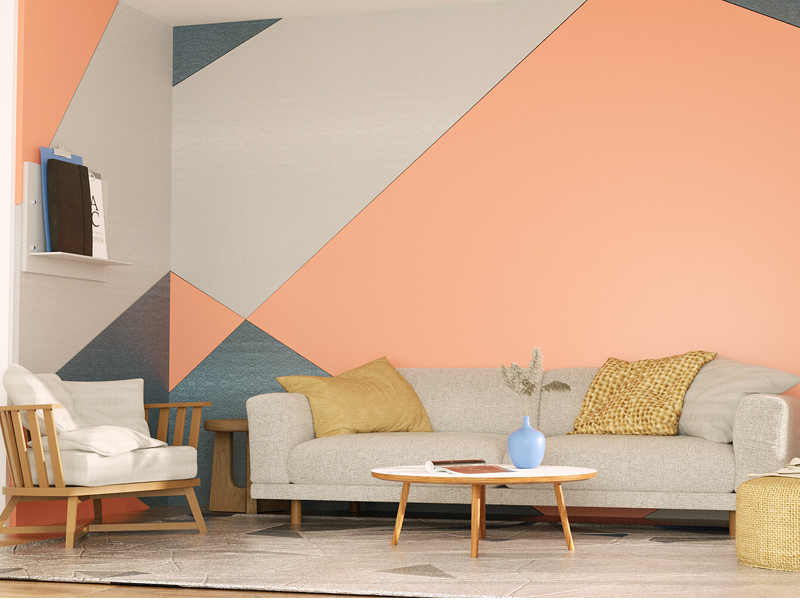Noise and sound are absorbed by absorbing panels. They can be found all over the house, most frequently in bedrooms, where they are used to muffle noise from the television or visitors. Here are some factors to consider when choosing the size that will best meet your needs.

An absorbing panel is what?
A window treatment called an absorbing panel is intended to reduce energy loss in your house. Light and heat are reflected by absorbing panels, which lowers your energy costs. Finding the absorbent panel that best meets your needs is crucial because numerous varieties are available.
If you reside in a sunny area, a solar absorption panel can be your ideal answer. The energy that enters your home through the windows is decreased by these panels, which employ unique materials to absorb sunlight and convert it to heat. Solar absorption panels can keep your home cool throughout the summer by capturing sunlight and converting it to heat.
If you have a large energy budget, an electric blocking panel can be preferable. Light and heat cannot enter your home through the windows because these panels use unique materials to block them. By deflecting sunlight away from the interior of your home, electric blocking panels can also aid in keeping it cooler throughout the summer.
The Best Absorbing Panels for Your Home: How to Choose
When choosing a LEEDINGS absorbing panel for your house, there are a few aspects to consider. First, the panel’s performance will be influenced by the kind of material it is composed of, its size, and its thickness. The following advice will help you select the ideal absorbent panel for your house:
The panel’s construction material should be taken into account first. Different materials have different capacities for absorbing moisture. For instance, because they are composed of natural materials and can absorb a lot of moisture, absorbent panels made of cotton, hemp, or bamboo are suitable choices. Furthermore, panels made of synthetic materials like polyurethane or vinyl might not be able to absorb moisture as well due to their decreased capacity.
The size of the panel should be taken into account next. Try shopping for a larger absorbent panel if you need to cover a huge area. Get a smaller absorbent panel if you require coverage for a limited area. Also crucial is making sure the panel is thick enough to provide the coverage you require. For instance, a tiny sheet of absorbent material won’t be as good at absorbing water as one that is thicker.

